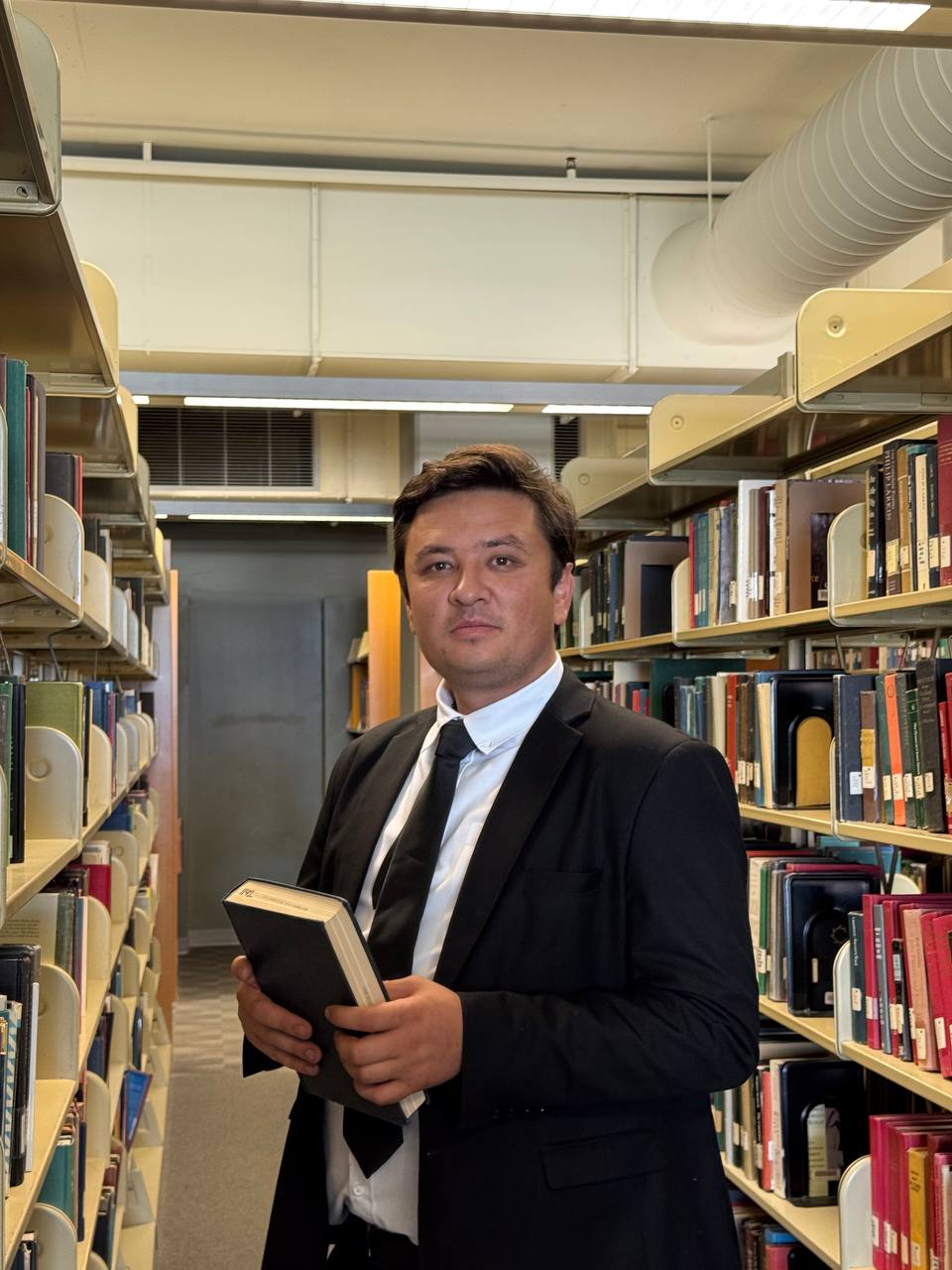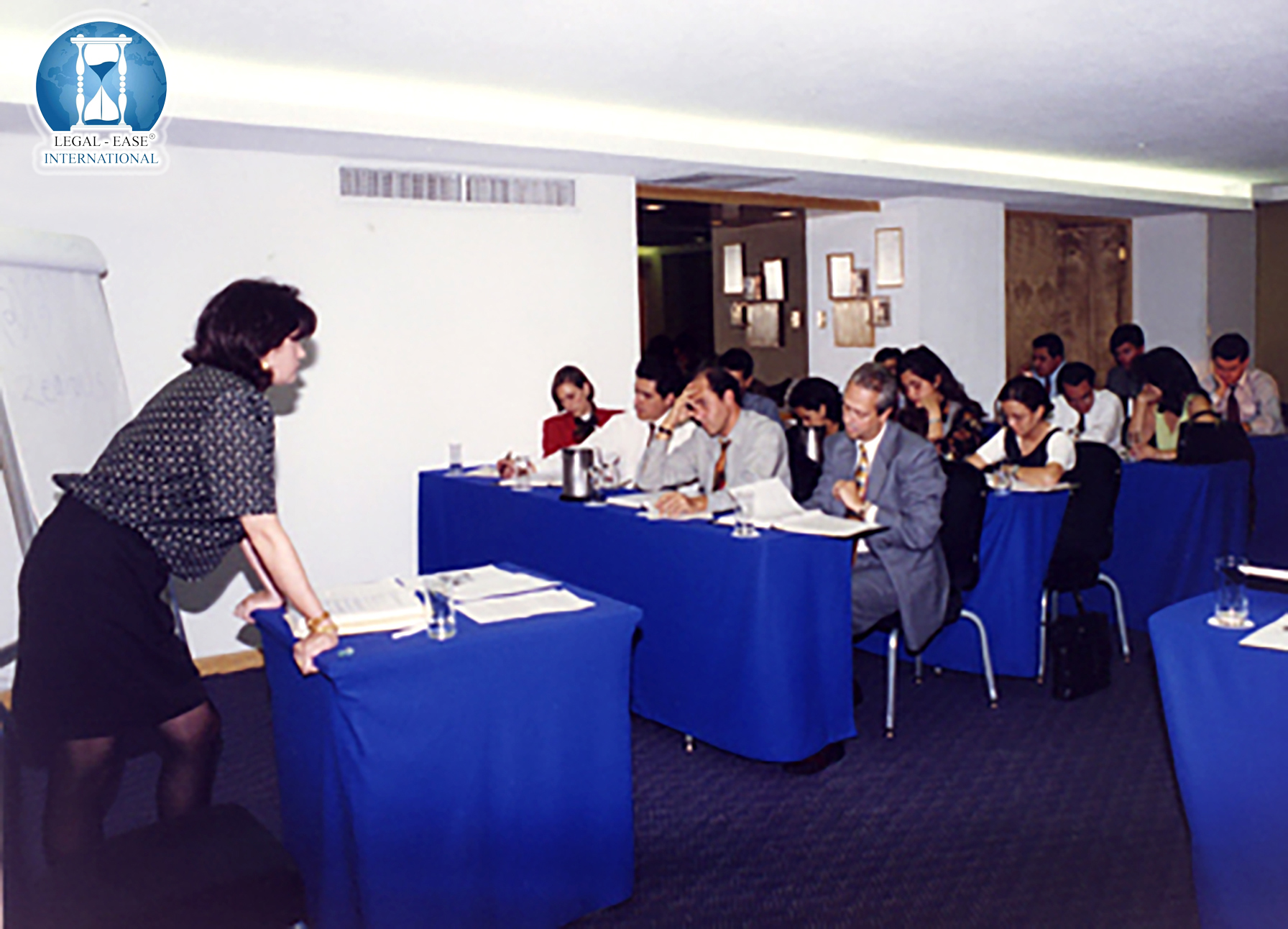Written by Nesa Brink
Introduction
Few professionals bridge the worlds of international development finance, private sector growth, and academic research as seamlessly as Mr. Ibrohimjon Abdullayev. Currently pursuing a Doctor of Business Administration in Finance and Investments at Lincoln University in California, he has already left his mark on World Bank–funded projects in Uzbekistan, the restructuring of a U.S. logistics company, and global conversations on financial accountability and sustainability.
In this exclusive interview, Mr. Abdullayev reflects on his educational journey from South Korea to the United States, his leadership in multi-million-dollar projects, and his vision for strengthening the U.S. economy through finance and investment expertise.
Q&A Interview
Journalist: Mr. Abdullayev, let’s start from the beginning. What inspired you to pursue a career in finance and investments?
Abdullayev: I’ve always been fascinated by how financial systems underpin everything in modern economies. I pursued my Bachelor’s degree in Business Administration at Sejong University in South Korea, graduating in 2020. That experience exposed me to a vibrant, technology-driven economy and gave me a strong foundation in management and finance.
After returning, I joined VROONG, a logistics company in South Korea, where I learned firsthand how financial planning and operational strategy can accelerate growth in competitive industries. Later, during my MBA at Lincoln University in California (2023), I had the chance to blend my global experiences and deepen my knowledge of investment strategy, risk management, and financial modeling.
Currently, I am pursuing my Doctor of Business Administration (DBA) at Lincoln University, specializing in finance and investments. My research focuses on sustainable investment frameworks—tools I believe will be crucial for both emerging economies and the U.S. financial system.
Journalist: You’ve combined academic achievements with practical contributions. Tell us about your early roles before the major international projects.
Abdullayev: During my MBA studies, I worked as a Teaching Assistant at Lincoln University from 2022 to 2023. That role sharpened my ability to explain complex financial concepts and exposed me to diverse perspectives from international students. Teaching is an underrated way of learning—when you must explain, you understand at a deeper level.
But my career-defining experiences came soon after: first in international development projects with the Ministry of Economy and Finance of Uzbekistan and the World Bank, and later as a Chief Financial Affairs Specialist at Farrukh Express Inc. in the United States.
Journalist: Let’s talk about your international development work. The Prosperous Villages Project was a $183 million program. What did you contribute?
Abdullayev: That project was transformative for rural Uzbekistan. The goal was to improve infrastructure—roads, water supply, and basic services—while strengthening local governance. I was entrusted as a budget reviewer and consultant, ensuring that every allocation of the $183.6 million budget met both community needs and financial transparency standards.
My role was critical because such projects require absolute integrity. Funds came from the World Bank, the Asian Infrastructure Investment Bank, and the government. Any inefficiency could erode trust. By implementing rigorous review frameworks and monitoring mechanisms, I helped safeguard financial efficiency and accountability.

Journalist: A second project, the RESILAND Initiative, sounds like it combined finance with climate change solutions.
Abdullayev: Absolutely. The RESILAND Project was a $153 million initiative, launched with the World Bank and the Uzbek government to combat land degradation and desertification while building sustainable economic opportunities.
I served as the Financial Analytics and Investments Expert for the Smart Forestry System. My responsibilities included:
- Designing financial models and investment frameworks for advanced forestry technologies like GIS monitoring and fire risk assessment systems.
- Developing investment roadmaps for eco-tourism, agroforestry, and medicinal plant cultivation.
- Conducting risk analyses and feasibility studies that secured approvals from both the government and World Bank.
- Integrating financial structures into national policy frameworks, ensuring sustainability even beyond donor cycles.
This was not just about protecting forests—it was about transforming environmental restoration into a financially sustainable, job-creating, and innovation-driven sector.
Journalist: Then you shifted gears to lead financial operations in the private sector with Farrukh Express Inc. in Ohio. What was that experience like?
Abdullayev: Farrukh Express was an exciting challenge. Between August 2023 and July 2024, I served as the Chief Financial Affairs Specialist. The logistics industry in the U.S. is fiercely competitive, with over 570,000 companies. My mandate was to give Farrukh Express an edge through financial discipline, investment attraction, and strategic growth planning.
Some highlights:
- ERP Implementation: I introduced a centralized financial management system, improving reporting accuracy by 95% and reducing audit times by half.
- Securing Foreign Investment: I led negotiations that brought in $850,000 in equity financing—$500,000 from AloqaVentures VC and $350,000 from an angel investor, Mr. Nodir Qosimov. These funds directly financed fleet expansion and entry into three new states.
- Restructuring Debt: I renegotiated credit terms with Huntington National Bank, cutting annual interest costs by 22% and unlocking $1.2 million in working capital for expansion.
- Cost-Efficiency Programs: By introducing predictive analytics, we saved $470,000 annually in operating expenses and increased fleet efficiency by 18%.
These results were not just numbers—they transformed Farrukh Express into one of the most promising logistics companies in the Midwest.
Journalist: Beyond projects and corporate leadership, you are active in professional associations. Why is that important to you?
Abdullayev: Professional memberships are essential. I belong to:
- Financial Management Association International (FMA): which bridges academic research and real-world practice in finance.
- American Management Association (AMA): where I continue to sharpen my leadership and strategic management skills.
- American Finance Association (AFA): which connects me to global thought leaders in finance and investment research.
These networks ensure I remain engaged with both cutting-edge theory and the practical realities of the financial world.
Journalist: Looking forward, how do you see yourself contributing to the U.S. economy?
Abdullayev: My vision is to apply my expertise at the intersection of investment strategy, financial analytics, and sustainable development to strengthen U.S. businesses and financial institutions.
- I want to help U.S. firms attract foreign direct investment, just as I did for Farrukh Express.
- I aim to contribute to sustainable finance, integrating environmental and social responsibility into profitable investment models.
- As an academic, I plan to publish and teach, sharing insights that bridge global financial practices with American business education.
Ultimately, my goal is to bring international experience and innovative financial frameworks to the U.S., helping companies grow, adapt, and compete in an increasingly globalized economy.
Conclusion
From classrooms in South Korea to boardrooms in the United States, and from rural infrastructure in Uzbekistan to logistics expansion in Ohio, Mr. Ibrohimjon Abdullayev has demonstrated the qualities of a global financial leader. His ability to design investment strategies, secure international financing, and ensure financial accountability has earned him recognition from ministries, investors, and corporate executives alike.
As he completes his doctorate and looks to the future, one thing is clear: Mr. Abdullayev is poised to make lasting contributions to the U.S. financial system and economy—as a financial analyst, investment strategist, and educator.


